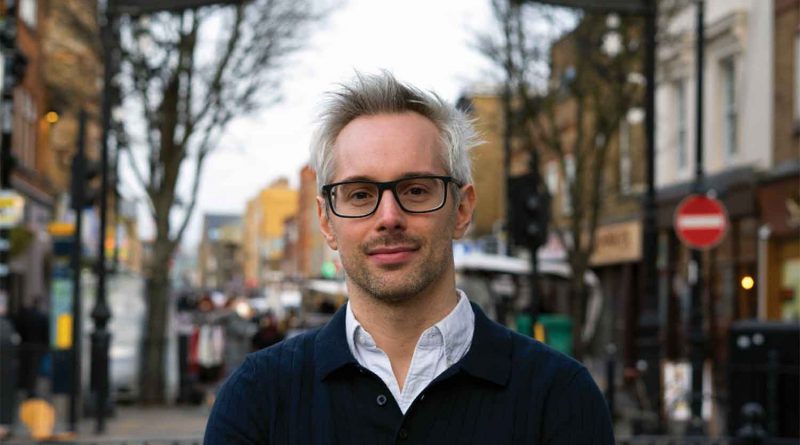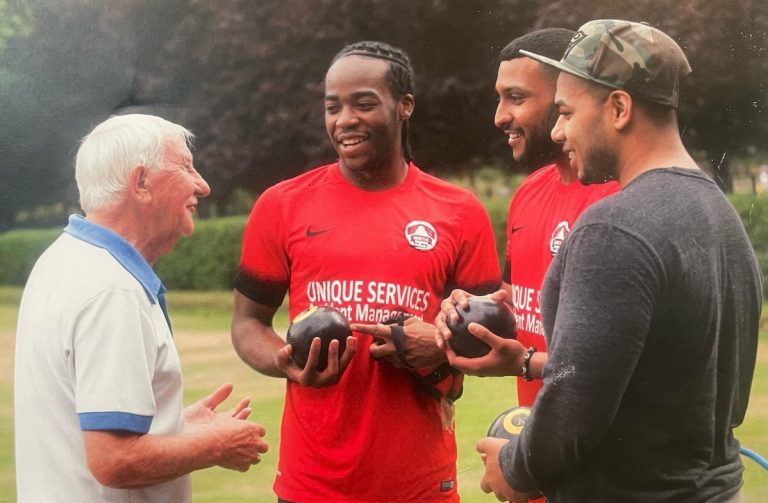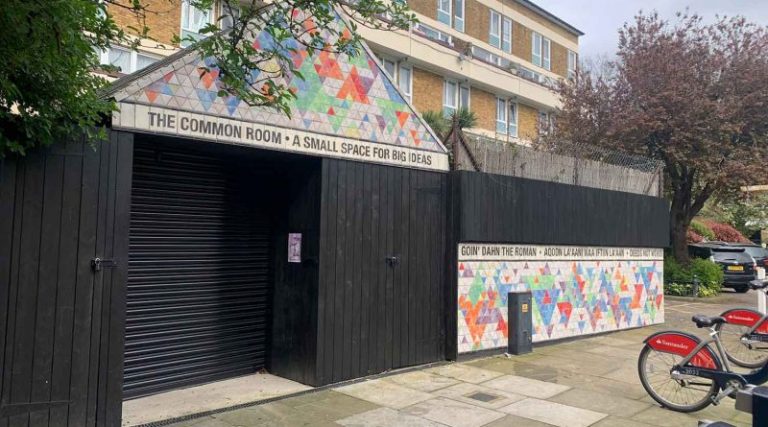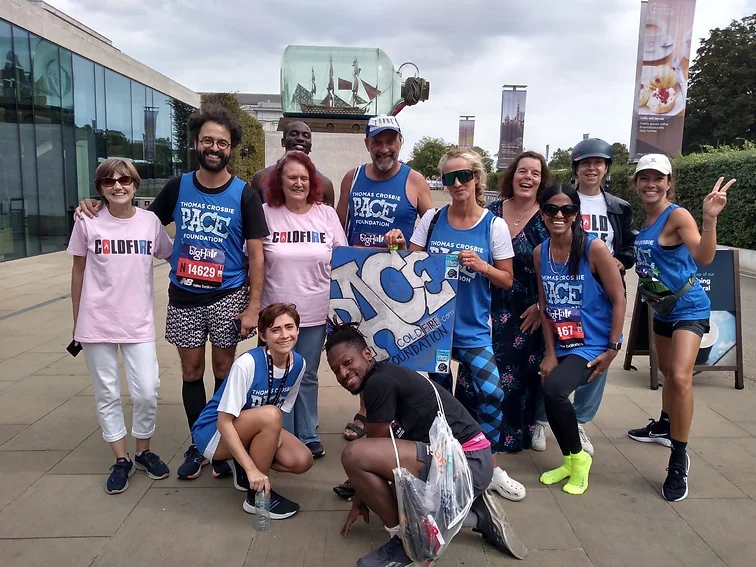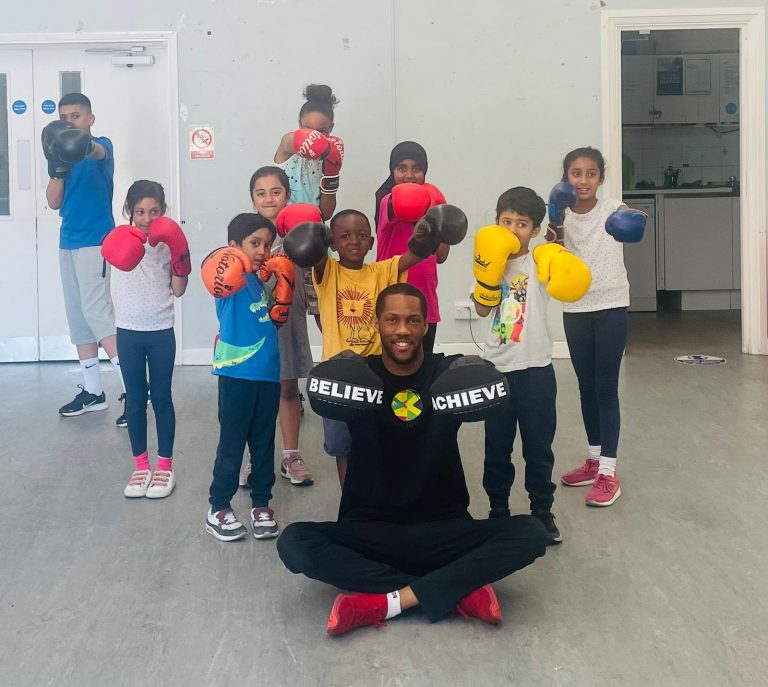May 2022 local elections: hear from mayoral candidate Elliott Weaver
In the run up to the May elections we interviewed Elliott Weaver, Conservative candidate for Tower Hamlets Mayor 2022
The local elections are fast approaching. On Thursday 5 May, you can head to your local voting station and have your say on who will be Mayor of Tower Hamlets. The last time such elections took place was in 2018.
In the run up to this year’s elections, we spoke to five of the main mayoral candidates to ask them what they would do if elected as Mayor of Tower Hamlets.
Q&A with Elliott Weaver
Below, we speak to Elliott Weaver, Conservative candidate for Tower Hamlets Mayor 2022.
What is your personal connection to East London?
I’ve lived in Tower Hamlets for around eight years. When I graduated university I came back to the UK to London and started working in Liverpool Street. I was living in Wood Green in North London but I decided to come to the area because it’s so close to the centre where I was working, and I was always going out around here and making friends in local restaurants and bars. Then I got to see the parks in East London and I just wanted to be in an area like that. I think it’s a brilliant area. It’s got so much here and it’s so close to the city, and I can see my mum who lives out in Essex.
What are your priorities in the upcoming mayoral elections?
To me, it’s about focusing on the basics, like getting key council services, working really well for residents and delivering value. It’s so frustrating the amount of local council meetings I’ve been to where people talk about national politics. Yes, that’s important. But I really want to focus on the basics of the council services and what we can do to help residents like me.
So for example…?
Making sure our streets are clean, tackling fly tipping, and making our area look really good. That point is also linked to working to make our community safer so tackling anti-social behaviour and doing a lot more work with the police and local neighbourhood groups to make it safer for people to get out and enjoy the community. We’ve got some great parks but I think sometimes when the sun starts to set that’s when a lot of the trouble comes where we don’t have CCTV cameras and people can come in and go wild and they’re not going to be called up on it – those are the two main things.
Also when it comes to affordable homes we need to make sure we hold development for the town. We need to improve and increase investment in community services. I think youth services that do good things have been unnecessarily cut, and that helps tackle anti-social behaviour.
Road closures is something that I’ve done a lot of campaigning on and we need to have a full rethink and make sure that where we are investing this money is actually for the benefit of local communities, so that we don’t just give them a solution but we say, look, we’ve got this money to spend, how can we use it to make our streets safer? Whether it be for pedestrians or cyclists. We need to have a lot more communication with local communities to make sure the money is being spent on what’s really important.
One of your key policies is to get Council Tax down. How are you going to invest in local roads, rubbish, refuse collections and recycling if you’re also going to reduce your income?
I think there’s a lot of waste in Tower Hamlets council, and I think we spend a lot of money on projects which don’t necessarily provide benefit to the community. That’s a case of thinking, okay, we’ve got this money to spend, but how can we get better values for how we spend?
Can you give me an example?
Okay. So we’ve got 29 million which is being assigned for these traffic networks as part of liveable streets, and essentially what people are seeing for this is planters. This is a great amount of money that could have gone on improving our parks, improving streets, even creating parklets, which I think they said one time, how could we get better value for that? I don’t accept that all we can get is 100 planters. That is a classic example of waste. We seem to be spending so much money on things which are performing badly that it’s a case of let’s identify what really benefits the community and make sure what we’re spending is actually going to go towards it.
The second thing is we’re sitting on a lot of debt which is not being used, something like 500 million sitting in the bank. [The actual number is £2.1mn as of March 2021]. The question is, why can’t we get that out and start spending it on programs which will actually help the community, and investing in new services which lead to reduction in antisocial behaviour. Also if we spend a little bit now on making sure we keep charges lower for council tax and businesses in the medium term, we can get businesses being more successful, recovering from the pandemic and then have a decent start to get more successful in paying more council tax to us. So it’s about spending the money more wisely.
Just to be clear, by cutting council tax, and businesses spending less, they’re going to make more money. Is that your point?
Well, let’s just say two points. One, we spend more on projects which really benefit people and we get better value for money by working to lower the charges for residents and businesses in our borough, then we’ll be able to help them keep more money for themselves and invest in their business and have a more thriving area.
But if you get a cleaner street off the back of more tax, then as a business owner you’re going to have better windfall income through people cleaning the streets which is only going to come from public investment.
Ok, that’s very valid. But when Labour took rubbish and recycling in-house in 2019. That worsened – this was an example of a vanity project bringing it in-house because they think they could do it better. And so now we’re paying more money to deal with it. For dirtier streets and missed rubbish collections.
I’m very interested in your policy of reopening our roads. Conservative councillor for Island Gardens, Peter Golds said: “We also have to wean people off cars, and for there to be better public transport facilities. It means encouraging people who have got cars to switch to alternative car methods, for example electric vehicles.” So how do you open up roads for cars but also make them feel safer for people using bikes?
So I agree with what Peter says. We need to encourage people who can cycle and people who make these short journeys for which they don’t need a car to move over. So I agree with that. But I think creating low traffic networks in some areas such as near Liverpool Street is not a productive use of money, and it won’t encourage people to move to bikes and to walking. For example, making the changes around Columbia Road is an area which actually was relatively quiet before these closures where you had pedestrians. It was a nice area to walk in, there wasn’t much traffic. Columbia Road itself was closed on Sunday. This is a waste of money, right? This is one of the areas which don’t need these schemes and haven’t seen an increase in people cycling.
So if we want to encourage clean transport straight away, we need to have a lot more charging stations for cars, right? So people can make the commitment to switch to electric vehicles and they can be sure that we’ve got the chargers across the borough. I think we’ve got some of the highest electric vehicle ownership in East London, but we’ve got the lowest amount of charges for them. We should also be investing in cycle lanes, dedicated cycle lanes, and not just focusing on closing backstreet roads. If I’m cycling into work into the city or to the south of the island, I’m probably actually going to use the main roads, but I want to be able to have a cycle lane on that. I would say there are many people in the area who can’t switch to bikes, say the elderly and also those that are disabled. We have to take into account that there are some people in our community who are less able to walk and cycle and we have to create schemes which can still work for them and also last and benefit everybody.
And a lot of the people who, if they’re driving out of the area or the city, or driving for work, these schemes punish them, right? It makes it harder for them to get around, and we have to take into account that there are some people in our community are less able to walk and cycle in that way and we have to create schemes and we have to create schemes which can still work for them, but also it is going to have to support everybody in that community so that we put in a scheme which actually lasts and benefits everybody.
As a conservative, how do you think everything that’s going on in central government will affect you in the election?
It’s tricky. Obviously being a conservative in Tower Hamlets, we’re not necessarily riding very high. But it has areas of good support. To me, when I’m speaking to people on the doorstep, they are really unsatisfied with Labour and what John Biggs has done in the past not just four, but eight years. And people are shocked that Rahman is able to come back. And I think people are open to listening to us, what we’ve done locally, what our message is and what we would do and the response in the door hasn’t been as bad as you might think. We’re getting a very positive reaction in areas we wouldn’t actually normally go into in Tower Hamlets.
Have you experienced any reactions to partygate and Boris Johnson?
To be honest, I’m hyperlocal and I always talk about local issues on the door. I think a lot has happened over the past three years in British politics, and people acknowledge that, but on the door and I’m speaking about local issues
Bringing it back to local issues, is there anything in particular that you wish I would ask you at this moment?
To me the main thing I like about it is the basics. It’s rubbish and it’s improving the safety of the areas, but also it’s about thinking about the local community and how we can get them involved in a lot more of the decision making in Tower Hamlets that I think there’s lots of organisations across Tower Hamlets working to help poor, the people that are homeless, but also who really want to take control of their community and be able to take control of public spaces and find a community venue. And I think people want a mayor who listens to them. And I think right now people are very unlistened too and it feels like they’re getting lots of stuff from the town hall which doesn’t address people’s concerns, I’m very keen to be community led in my manifesto, if I was to be a mayor, it will be incredibly driven by the local community wards and what they see the priorities are. That the case is for me as a mayor taking care of the basics and making sure that’s done. But then when it comes to investing in the community, and the local area, it’s being driven by what these communities want.
Hear from other Mayoral candidates in Tower Hamlets:
Read our interview with Labour Mayoral Candidate John Biggs.
Read our interview with Trade Unionist and Social Coalition Mayoral Candidate Hugo Pierre.
Read our interview with Liberal Democrat Mayoral Candidate Rabina Khan.
Read our interview with Independant Mayoral Candidate Andrew Wood.

